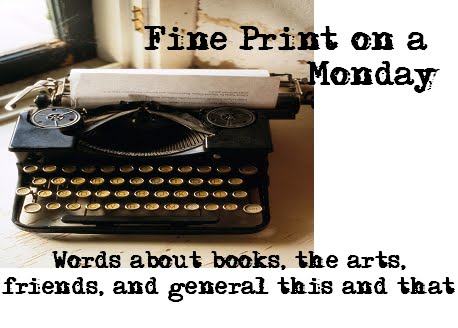
Over the past 10 days we learned of a new outbreak of violence along the Gaza Strip involving the Palestinian’s and Israel. It seems the 6 months cease fire had ended and now both sides are pointing at the other as being the bad actor. Hamas, Hezbollah, Palestinians. We hear the names but know little about them, much like Kurds, Sunni, Shia. Of course Middle Easterners would scratch their heads if they heard about Catholics, Episcopalians, and the various Lutheran tribes, Wisconsin and Missouri, to name a few.
Over the Thanksgiving break I caught a segment of a C-Span author interview concerning a new book about the Middle East, and Iran in particular. The author is Robert Baer, and his book is The Devil We Know, Dealing With the New Iranian Superpower, published earlier this year. A little over 2 weeks ago I picked it up and recently finished reading it and think it is worth recommending.
I first encountered Robert Baer on a road trip to Manitowoc about a year ago. I listened to the audio version of Baer’s See No Evil about his experience as a CIA operative from the mid 1970’s to the mid 1990’s, primarily in the Middle East. It was this book that is supposed to have inspired the movie “Syrianna” with Rosemary Clooney’s nephew. In addition to being well written it offered an insight into the workings of the Middle East as well as the forces that shaped the US relationships with this region.
If you already know all you want or need to know about Iran right now, then do not buy his new book. On the other hand if you are curious about the politics, partners, strategies, goals, and paradoxes of Iran, then you might want to give this book a read. Baer’s insights into Iran are not based upon his CIA days some 10 years ago but from a recent visit as part of the production team of a British documentary as well as on-going contacts with current and former players in and from the Middle East.
In the US, the conventional wisdom is this area of the world is made up on people living in the past tied to religions we do not understand, with a predisposition to violence against each other, and a history of making threats against America. The US presence in Afghanistan and Iraq have made us aware of this region but little has been done to really educate us about it, particularly from the ‘news media’. While we had hoped to combat terrorism, bring an end to a cruel dictator, and promote democracy, the reality is far from our hopes.
Baer contends the US, as the only current superpower, needs to be open to the idea that Iran has visions of, and is moving toward, becoming a superpower. And he does not necessarily think this is a bad thing. Contrary to conventional wisdom, Baer points out Iran has become very pragmatic and while the Muslim religion is important, it is balanced with political and economic sophistication, as well as military might.
Baer combines his insights into contemporary Iran along with a review of regional events including the Lebanon-Israel conflict where Iran was a silent player supporting the Lebanese in turning back the invading Israeli’s, which in part explains Israel’s ‘elephant gun to kill an ant’ actions of the past several days. He explores the on-going connection of Iran, Hezbollah, and Hamas, the lessons Iran took from the Iran-Iraq war, relations with neighboring countries pre- and post-Saddam and especially Saudi Arabia, the role of Iran in the Iraq occupation by the US, and the desire of Iran to create an Empire. He also explores the fundamental misunderstanding of this region by current and previous White House administrations. This is not a feel good book. The observations and conclusions offered by Baer will not let you sleep more comfortably.
The conclusion of the book offers three alternatives for the US, i) contain Iran through a hundred year military presence in the region; ii) provoke a civil war between the Sunni and Shia; ii) find a way to make Iran an ally and work toward mutually beneficial ends. None without risk although for Baer the choice is clear. He also offers a 9 point negotiation strategy with Iran.
I cannot say if everything he says is true or not, and he shares his own pessimism about what he has been told. However, he is a trained observer, an experienced intelligence gatherer, a spy if you will, and an intelligence analyst. Reading this book has at least helped me to identify the players, their strengths and weaknesses, and how they are alike and different. If you are curious, pick up this book and give it a read.


No comments:
Post a Comment